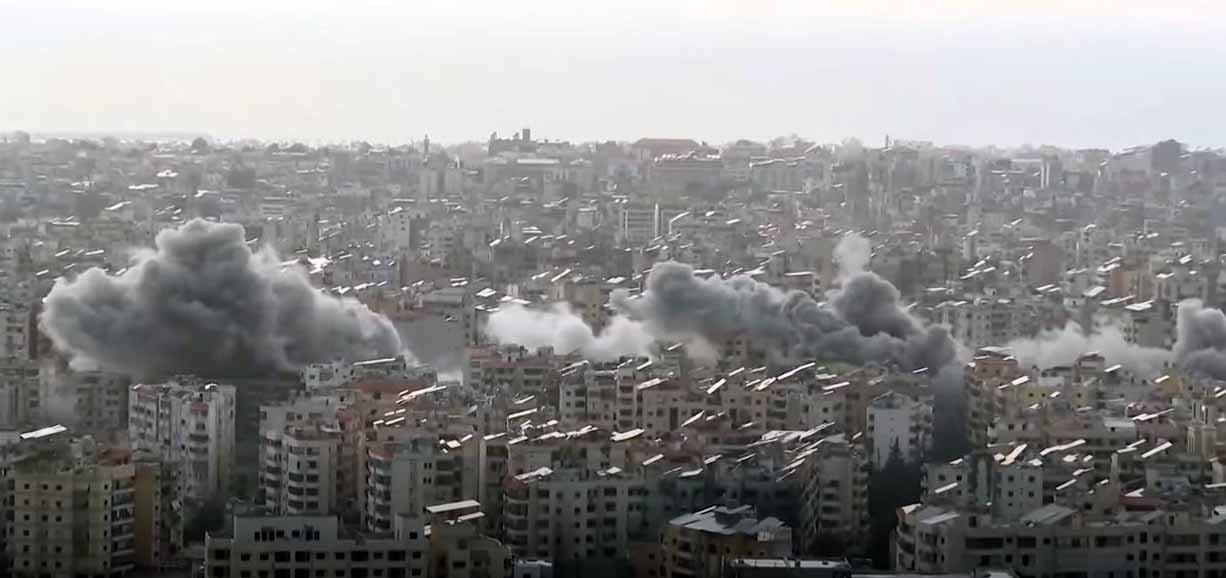Hezbollah launched around 250 missiles and drones into northern and central Israel after an Israeli attack targeted a highly populated area of Beirut, killing prominent Hezbollah members. This represents one of the most violent escalations in years, with northern Israeli towns reporting injuries, structural damage, and heightened tensions. Sirens rang out as far south as Tel Aviv, showing the extent of the attacks.
Rising Hostilities and Civilian Impact
According to the Israel Defense Forces (IDF), the Beirut strike targeted at disrupting Hezbollah’s weapons supply lines and leadership operations. In return, Hezbollah’s rockets injured civilians in northern Israel, wrecked several homes, and caused power shortages. Lebanese media claimed numerous losses on both sides, emphasizing the toll on civilians caught in the crossfire. The situation remains dire for displaced families in northern Israel and southern Lebanon, as thousands seek safety from the intensifying conflict.
International Reactions and Peacekeeping Challenges
The United Nations Interim Force in Lebanon (UNIFIL) announced that its peacekeeping units were targeted while patrolling southern Lebanon, while no injuries were recorded. UNIFIL has appealed for immediate restraint, saying that continuing confrontations undermine regional stability. Meanwhile, U.S. envoy Amos Hochstein has come to Beirut to facilitate negotiations between Hezbollah and Israeli officials, but no real steps toward a truce have been reported. The Times of Israel
Broader Context of the Conflict
This current escalation follows months of increasing tensions since the October 2023 attack by Hamas on Israel, which killed over 1,200 civilians. Since then, Hezbollah has intensified its cross-border activities in conjunction with Palestinian factions, leading to heavy Israeli retaliations. The IDF estimates that approximately 3,000 Hezbollah members have been killed in recent months, amid large Lebanese civilian casualties.
Looking Ahead
With no signs of de-escalation, the region faces an uncertain future. The international world continues to promote diplomatic solutions, but continued rocket exchanges and civilian casualties emphasize the urgent need for enduring peace.
Sources
- Times of Israel – Reports on the IDF operations and Lebanese casualties.
- UNIFIL Statements – Updates on peacekeeping efforts and their challenges.
- Reuters – Coverage of U.S. diplomatic efforts in Beirut.
- Al Jazeera – Background on the Israel-Hezbollah conflict.

